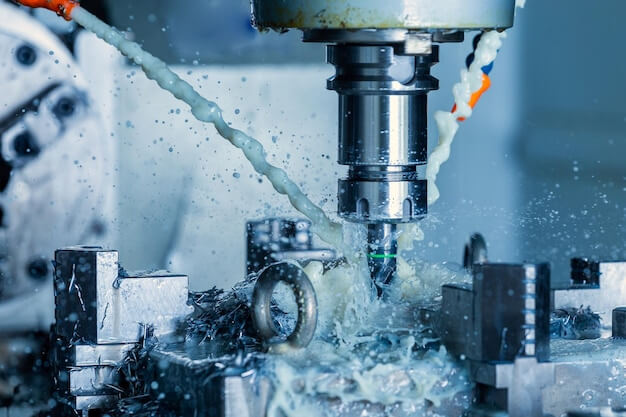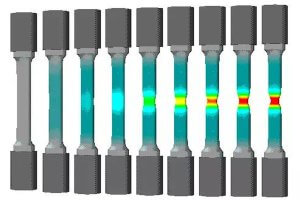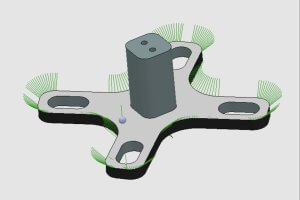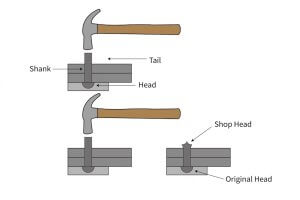Bead blasting has long established its unique position as a crucial process in Computer Numerical Control (CNC) machining. This technique, primarily known for its effective surface finishing abilities, ensures that produced parts meet desired aesthetics standard and functional requirements.
But before we delve deeper into how bead blasting works in CNC machining, what exactly is this method all about?
Defining Bead Blasting
Bead blasting refers to the operation of forcibly propelling a stream of small glass beads at high pressure against a surface using compressed air or centrifugal force. The aim is usually to blur margins, remove unwanted material layers, scale, rust, sand, mold, or burrs among others, ultimately giving the part a smoother and polished look.
Role of Bead Blasting in CNC Machining
In CNC machining, components are manufactured with absolute accuracy following a digital template. However, once these pieces emerge, they often contain rough edges or residual materials from previous processes which need to be removed. This is where bead blasting comes in.
The bead blasting procedure can be automated by integrating it into a CNC system. Consequently, the processed parts tend to have consistent finishes, as the bead blasting machine follows precise programmed instructions in terms of movement, course, rotation, etc., resulting in minimal human errors.
Moreover, due to their small size, these media can access complex shapes and hard-to-reach areas on workpieces, ensuring an evenly blasted surface across the part. Thus, enhancing not only the appearance but also reducing friction and improving corrosion resistance – key attributes in mechanical purposes.
Producing Optimal Results with Bead Blasting in CNC Machining
To provide amazing results, the whole bead blasting process requires keen attention and expertise from start to finish. It involves selecting the proper type and size of the blast media – usually spherical glass beads. Specifications such as bead diameter and hardness must be taken into account in relation to the type of material being finished.
The pressure with which beads impact the surface also plays a vital role. High machining speeds require adequately high pressures, but they shouldn’t exceed the limit where they start causing damage or deformation to the parts.
In most cases, bead blasted components will have a satin or matte finish. However, by manipulating factors like blast pressure, dwelling time, media size and distance from the nozzle, it’s possible to achieve different finishes depending on the desired outcome.
Safety is another critical factor that needs serious consideration during bead blasting. Operators ought to wear protective gear such as masks, gloves, and aprons to protect themselves. Moreover, adequate ventilation systems should be installed to get rid of dust particles produced during the process.
Conclusion
All things considered, bead blasting is an essential step in CNC machining that may not produce the main product but significantly contributes towards improving its quality and performance characteristics. With this deeper understanding of bead blasting, companies and operators alike can fully utilize and appreciate this underrated yet highly impactful process, ensuring that every produced component meets the highest standards.
So whether you are looking at optimizing your current manufacturing processes, considering implementing CNC machining, or aiming for superior finishing capabilities, integrating bead blasting into your production flow could possibly turn out to be one of your smartest moves.
Other Articles You Might Enjoy
- The Role of Bead Blasting in CNC Machining (bead blasting Steward)
Bead blasting is a commonplace aspect of numerous manufacturing procedures, including Computer Numerical Control (CNC) machining. Whether it's to enhance the external aesthetics or improve internal functionalities, bead blasting plays…
- Custom CNC Machining for Industrial Automation Solutions
Introduction to Custom CNC Machining and Industrial Automation Solutions Custom Computer Numerical Control (CNC) machining is a precision-manufacturing process in which pre-programmed computer software dictates the movements of factory machinery…
- Navigating the Challenges of Bead Blasting Techniques in CNC Machined Bearing Housings
The Complexity of CNC Machined Bearing Housings The manufacturing of CNC machined bearing housings involves intricate processes that demand high precision and meticulous attention to detail. These components are critical…









